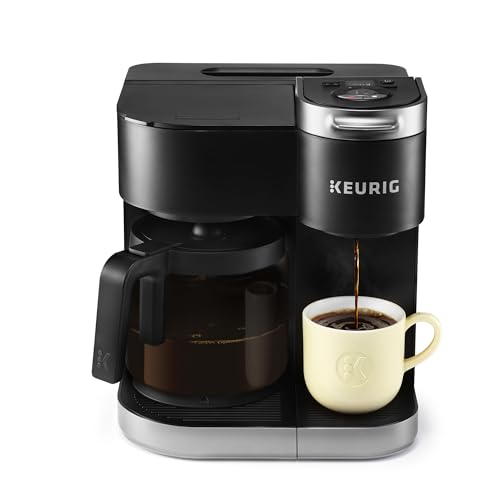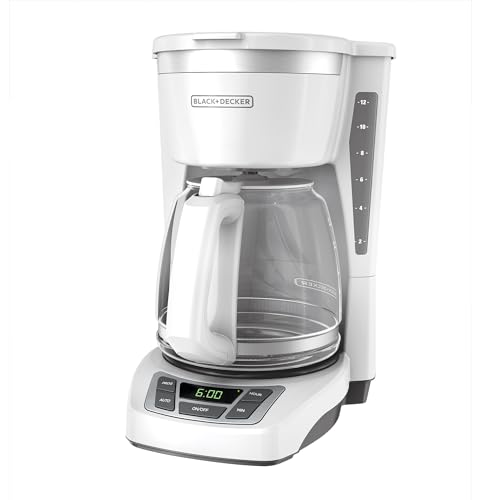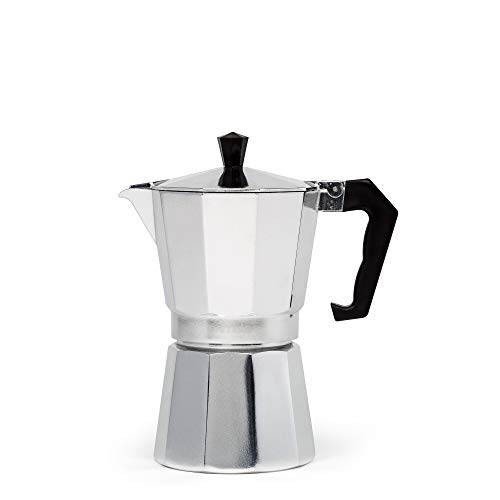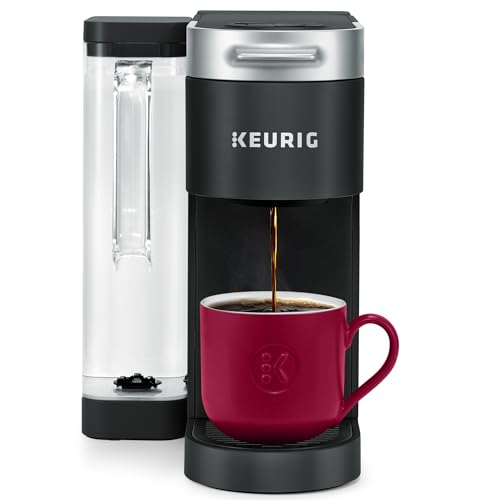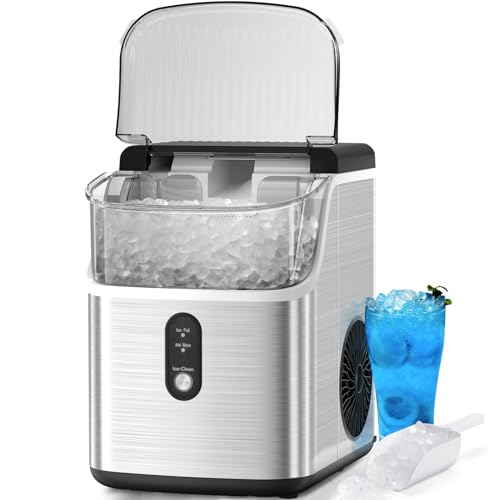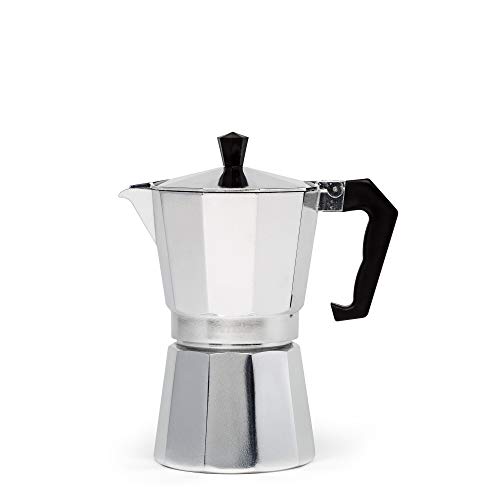“How To Hold A Wine Glass” – a simple question, yet one that can significantly enhance your wine-drinking experience. The way you hold your wine glass can influence the taste of the wine, the temperature, and even affect the aroma perception. This may seem trivial to some, but for wine aficionados, it’s a crucial part of the whole experience.
Understanding the art of holding a wine glass correctly is not just about sophistication, it’s also about appreciating the wine to its fullest. This seemingly small detail can unlock a world of flavors and sensations, enhancing every sip.
Whether you are a novice exploring the world of wines or a seasoned connoisseur, our guide on “How To Hold A Wine Glass” is designed to enlighten you. Before delving into the intricacies of wine appreciation, let’s begin by mastering the basics.
Stay with us as we journey into the graceful art of holding a wine glass. This guide will surely add a new layer to your wine tasting adventures.
How To Hold A Wine Glass
Holding a wine glass properly begins with understanding the design of the glass itself. The long stem is not merely aesthetic. It has a functional purpose, and grabbing the stem is the correct way to hold a wine glass.
Why, you might ask? When you hold the bowl of the glass, the heat from your hand can warm the wine within, altering its temperature. This can negatively impact the flavor and aroma of the wine. The stem exists to avoid this, to maintain the wine at its ideal temperature for consumption.
The size of the glass also plays a role in the wine-drinking experience. A larger bowl allows the wine to breathe and enhances the release of its aromas. So, swirling the wine gently in a large glass helps uncover its complex flavors. Holding the glass by the stem keeps fingerprints off the bowl, ensuring clarity and allowing the color of the wine to shine through.
One common mistake many make is filling the glass to the brim. The ideal fill level is up to the widest point of the bowl. This ensures optimum aeration and leaves enough room for gentle swirling without spillage.
Remember, practice makes perfect. Initially, holding the stem might seem unnatural, especially during social occasions when you’re used to holding glasses by the bowl. However, once you understand the logic behind it and experience the enhanced aroma and flavor, you’ll never go back to your old ways.
In the next section, we’ll dive deeper into the techniques of swirling and sipping, ensuring you get the most from every glass of wine. From the right hold to the perfect swirl, every step matters in the art of wine appreciation.
See more: How Many Ounces In A Glass Of Wine?
How to Choose the Right Type of Glass for the Wine

The type of glass you choose can greatly affect your wine tasting experience. Each type of wine glass is designed with a particular wine in mind. The characteristics of the wine, such as its aroma, taste, and texture, can be significantly influenced by the shape and size of your glass.
Red wines, for instance, are best enjoyed in a glass with a larger bowl. This larger surface area allows for more aeration, enhancing the complex flavors and aromas of the wine. The perfect glass for red wine, like a Cabernet or Merlot, boasts a larger, rounder bowl with a narrower opening to contain the rich aromas.
On the other hand, white wines such as Chardonnay or Sauvignon Blanc require a narrower glass. A more upright and U-shaped bowl facilitates the wine to release its aroma and flavor straight to your nose and palate. This design keeps the wine cooler and slows down the oxidation process.
Sparkling wines and champagnes are often served in tall, slim glasses called flutes. The design of these glasses, with their narrow opening, helps keep the carbonation and flavor in the glass for as long as possible.
However, the world of wine glasses extends beyond red, white, and sparkling. There are specific glasses designed for rosé, fortified wines like Port, and even specific varietals like Pinot Noir or Zinfandel.
The key takeaway here is that the glass can make a difference. While a good wine will certainly taste fine in any glass, the right glass can elevate your experience, helping the wine to express its full potential. So next time you’re pouring yourself a glass of wine, take a moment to consider if you’re using the right glass. It might just make your good wine taste great.
In the following section, we’ll unravel further intriguing aspects of the wine-drinking experience. Let the journey of ‘How To Hold A Wine Glass’ continue.
FAQs
When it comes to holding a wine glass the right way, there are several common questions that pop up. Is it just about aesthetics, or does it influence the taste and aroma of the wine? Why should the glass be held by the stem, and why does the size of the glass matter? Let’s explore the answers to these questions and more.
Why is it important to hold a wine glass by the stem?
Holding a wine glass by the stem rather than the bowl is crucial in maintaining the temperature of the wine. The heat from your hand can quickly warm the wine when you hold the bowl, which can alter its taste and aroma. The stem allows you to enjoy the wine as intended, at the ideal temperature.
Does the size of the wine glass really matter?
Absolutely. The size and shape of a wine glass can greatly influence your wine-drinking experience. A larger bowl allows the wine to breathe better, enhancing the release of aromas. This is especially true for red wines, which require more surface area for aeration.
Why should I not fill the wine glass to the brim?
Overfilling a wine glass can hamper the aeration process and leave little room for swirling the wine, an integral part of releasing the wine’s aromas. The ideal fill level is up to the widest point of the bowl, which ensures optimum aeration and prevents spillage during swirling.
Does the type of glass change for different types of wine?
Yes, it does. Different types of wines are best enjoyed in specific types of glasses designed to highlight their unique characteristics. For instance, red wines are best served in glasses with a larger bowl to enhance their complex flavors and aromas.
On the other hand, white wines require a more upright and U-shaped bowl to release their aroma and flavor efficiently. Sparkling wines and champagnes are best served in tall, slim glasses called flutes to preserve the carbonation and flavor. Thus, the right glass can significantly enhance your wine-drinking experience.
Final Thought
Honing your skills in the art of wine appreciation is rewarding. As you delve deeper, you discover that each aspect, from the right glass, the correct hold, to the perfect pour, plays a significant role in enhancing the experience. Understanding ‘How To Hold A Wine Glass’ is just the beginning of this fascinating journey.
Choosing the right glass for different types of wines, holding it by the stem, and not filling it to the brim are integral to preserving the wine’s flavor, aroma, and temperature. These practices ensure that you experience the wine as the winemaker intended.
Remember, practice forms a critical part of mastering these techniques. Initially, holding the glass by the stem might seem awkward, but with time and understanding, you’ll appreciate its impact on your wine-drinking experience.
Finally, wine appreciation is not just about the technical aspects—it’s about enjoyment too. The joy of discerning subtle flavors, the excitement of pairing the right wine with food, and the pleasure of sharing a perfectly served wine with friends.
And that’s what ‘How To Hold A Wine Glass’ is all about—enhancing the pleasure and appreciation of wine. So, pour yourself a glass, hold it right, and raise a toast to the wonderful world of wine. And remember, the journey of understanding ‘How To Hold A Wine Glass’ is a pleasure in itself. Cheers!
